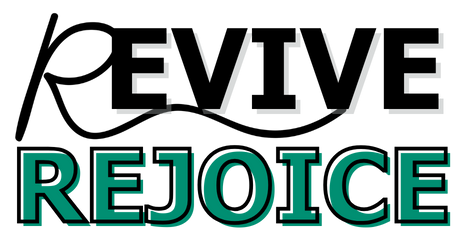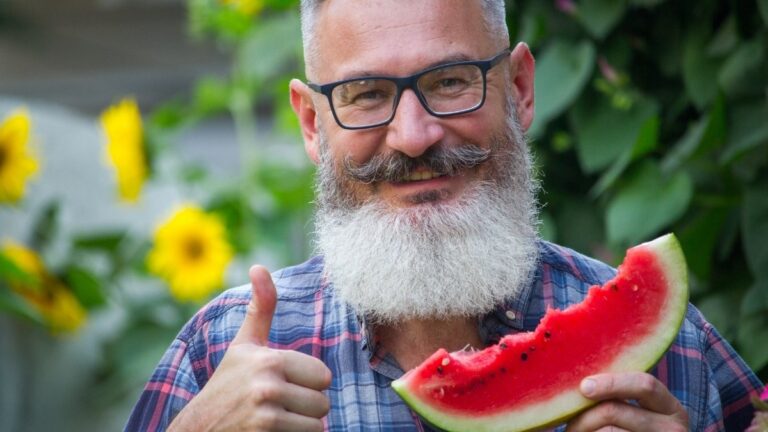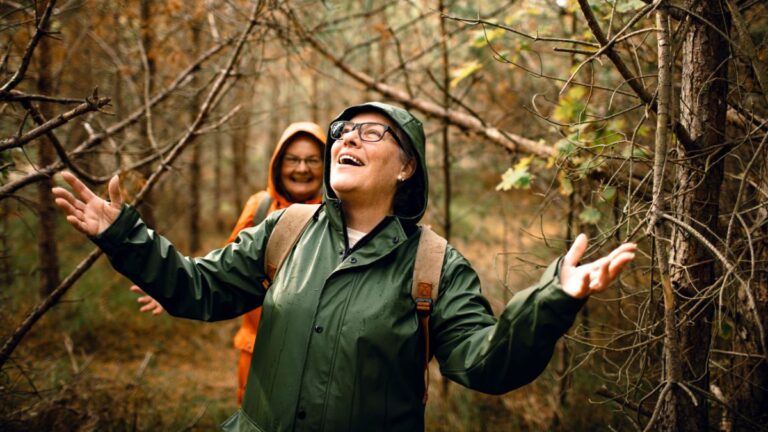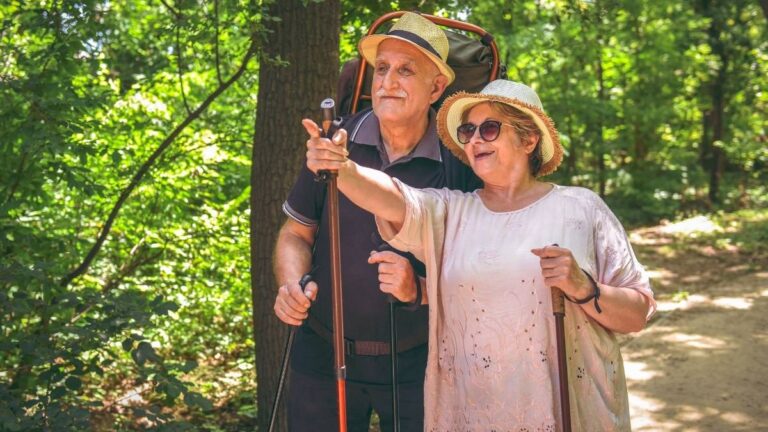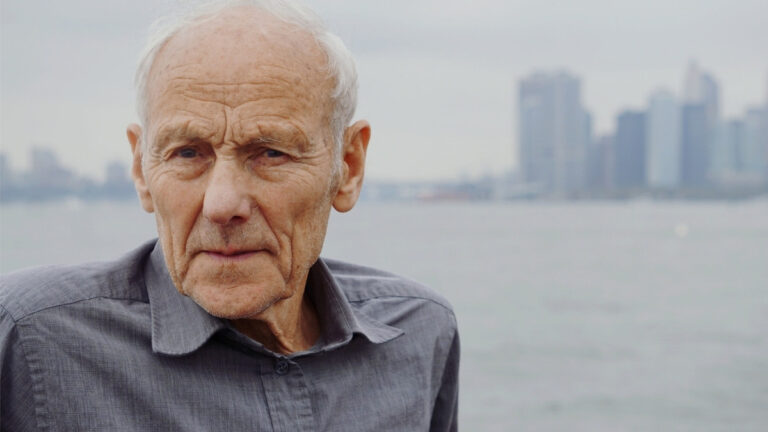16 Powerful Anti-Aging Habits That SCIENTISTS Say Can Reverse Aging by 19 Years, According to Latest Study
While we can’t stop time, Harvard researchers have discovered we may have more control over aging than previously thought. People today are bombarded with anti-aging claims and miracle solutions, but few know what actually works based on science.
Recent longevity research reveals that our biological age—how old our cells actually are—can be influenced by specific lifestyle choices. In this comprehensive guide, you’ll discover 16 evidence-based anti-aging habits that studies suggest can potentially add 5-24 years to your healthspan.
These aren’t trendy “hacks” but scientifically-proven strategies that can help you reverse aging scientifically and extend your healthy, vibrant years.
🫒 Mediterranean Diet: Add 7+ Years to Your Life
The scientifically-proven eating pattern that fights aging from the inside out
✨ What Makes It Anti-Aging
🍅 Foods to Include Daily
Tomatoes, leafy greens, bell peppers
🎯 Simple 3-Step Action Plan
16 Anti-Aging Habits That Can Help Reverse Your Biological Age
You look in the mirror and wonder where the years went. Your energy isn’t what it used to be. You feel older than your birth certificate says you are.
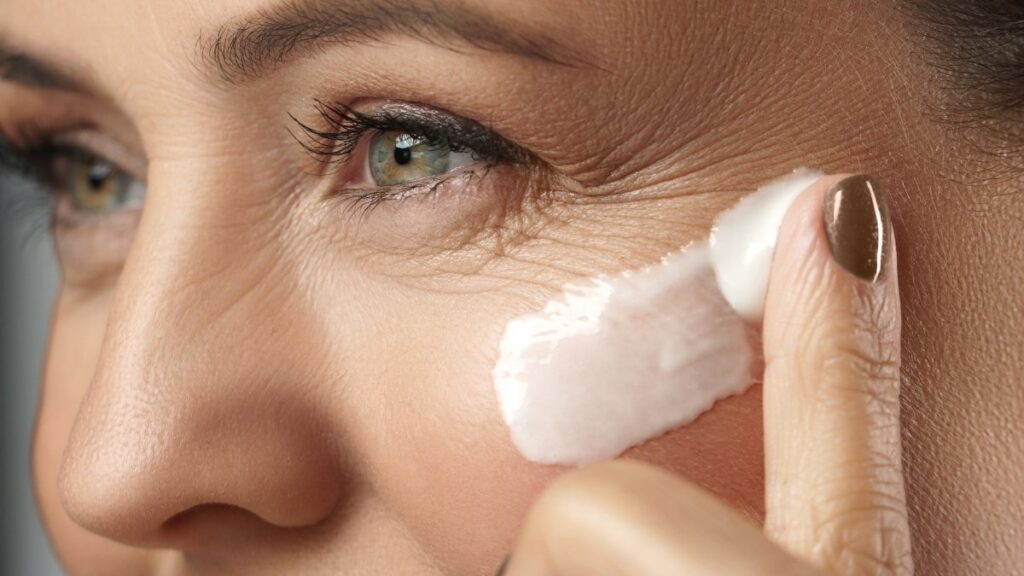
But here’s what most people don’t know: your body age and your calendar age are two different things. And you have more control over the first one than you think.
The Science Behind Aging Reversal
Your body has two ages. Your chronological age counts the years since you were born. Your biological age measures how well your cells actually work.
Here’s the good news: you can slow down and even reverse your biological age.

Scientists have made big breakthroughs in cellular reprogramming research. They’ve learned that your lifestyle choices matter way more than your genes. In fact, genetics only account for 20% of how long you live. The other 80% comes from what you do every day.
Two key players control your aging: telomeres and epigenetics.
Telomeres are like plastic tips on shoelaces. They protect your DNA. As you age, they get shorter. But research from UCSF shows you can make them longer again with the right habits.
Nutrition-Based Anti-Aging Habits
Food is your best anti-aging medicine. But you don’t need to eat weird superfoods or follow crazy diets. You need to eat smart.
Habit 1: Follow the Mediterranean Diet
The Mediterranean diet isn’t really a diet. It’s how people in Greece and Italy have eaten for thousands of years. And they live longer because of it.
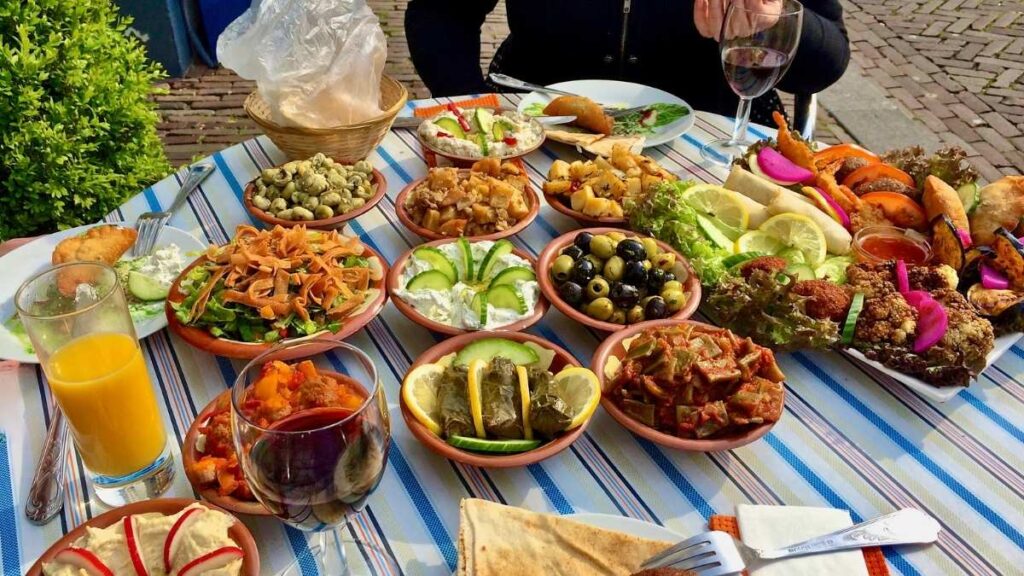
This way of eating reduces inflammation in your body. It supports your heart health. A 2025 Nature study showed it can even make your telomeres longer.
What you eat: colorful vegetables, olive oil, fish 2-3 times per week, nuts, and whole grains. What you skip: processed foods and too much red meat.
Start small. Add olive oil to your salad today. Eat fish twice this week instead of meat.
Key Information Points:
- People who follow this diet have 13% lower risk of death from heart disease and cancer
- Extra virgin olive oil contains over 30 compounds that fight inflammation in your body
- Mediterranean diet followers show 20% less brain shrinkage as they age compared to typical Western diet eaters
- Red wine in moderation (1 glass for women, 2 for men) provides resveratrol, which activates longevity genes
Habit 2: Practice Intermittent Fasting
Your body needs breaks from eating. When you fast, your cells start cleaning themselves. This process is called autophagy. It’s like taking out the trash inside your cells.
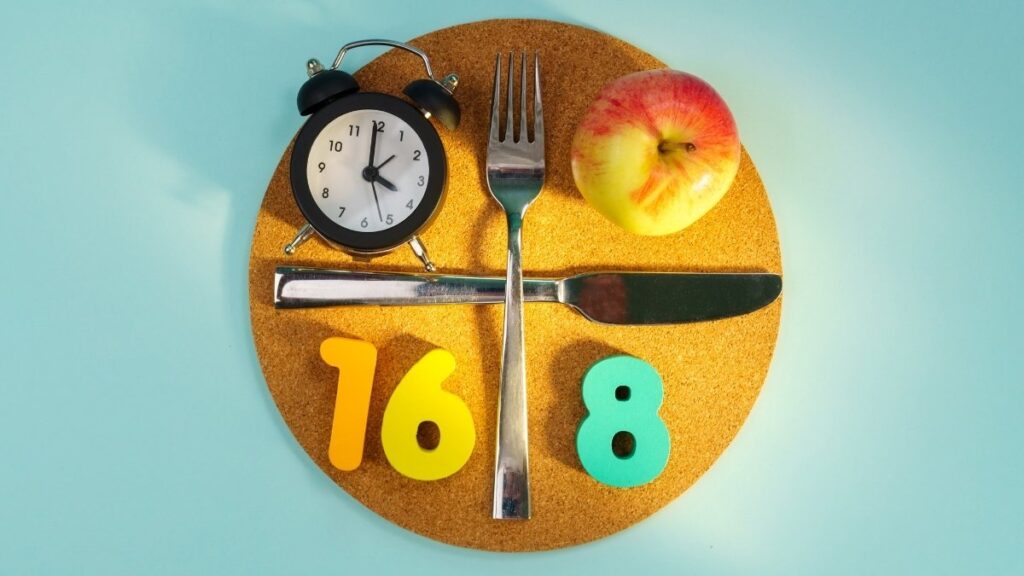
The New England Journal of Medicine found that 18:6 fasting (eating in 6 hours, fasting for 18) triggers metabolic switching. Your body starts burning fat and repairing damage.
But don’t jump into 18 hours right away. Start with 12:12. Eat your last meal at 7 PM and first meal at 7 AM. Then slowly extend to 16:8.
Listen to your body. If you feel weak or dizzy, eat something.
Key Information Points:
- Fasting for 16+ hours increases human growth hormone production by up to 5 times
- Your insulin sensitivity improves by 20-31% with regular intermittent fasting
- Autophagy peaks around 18-24 hours of fasting, clearing out damaged proteins and organelles
- People who fast intermittently show increased production of brain-derived neurotrophic factor (BDNF), which protects brain cells
Habit 3: Optimize Protein Intake
You need protein to stay strong as you age. But too much can speed up aging. The sweet spot is about 1.2 grams per kilogram of body weight.

If you weigh 150 pounds (68 kg), that’s about 82 grams of protein daily. Focus on plant proteins like beans, lentils, and nuts. Animal studies show that protein restriction can extend lifespan.
Calculate your needs. A palm-sized piece of chicken has about 25 grams. A cup of lentils has 18 grams.
Key Information Points:
- Eating protein throughout the day is better than loading it all in one meal – aim for 20-30 grams per meal
- Plant proteins contain fiber and antioxidants that animal proteins lack, reducing inflammation
- Too much protein (over 2g per kg body weight) can activate mTOR pathways that accelerate aging
- Combining incomplete plant proteins like rice and beans creates a complete amino acid profile equal to meat
Habit 4: Consume Anti-Aging Superfoods
Some foods are aging superstars. They’re packed with omega-3s, antioxidants, and polyphenols. These nutrients protect your telomeres from damage.

Studies show omega-3s can reduce telomere shortening. That means your cells stay younger longer.
Your daily anti-aging foods: blueberries, spinach, salmon, walnuts, and green tea. Add berries to your morning oatmeal. Put spinach in your sandwich. Snack on walnuts instead of chips.
These aren’t magic bullets. But they give your body the building blocks it needs to repair itself.
Key Information Points:
- Blueberries contain anthocyanins that can improve memory and reverse age-related brain decline within 12 weeks
- Green tea’s EGCG compound increases lifespan in laboratory animals by 8-15%
- Wild-caught salmon has 4 times more omega-3s than farm-raised salmon
- Dark leafy greens provide nitrates that improve blood flow and can make your muscles work like they’re 20 years younger
Physical Activity for Longevity
Exercise is the closest thing we have to a fountain of youth. It literally reverses your molecular aging clock. But you don’t need to become a gym rat.
Habit 5: Engage in Regular Aerobic Exercise
Your heart and lungs need work to stay young. Aerobic exercise makes them stronger. 2025 studies show it can measurably reduce your biological age.
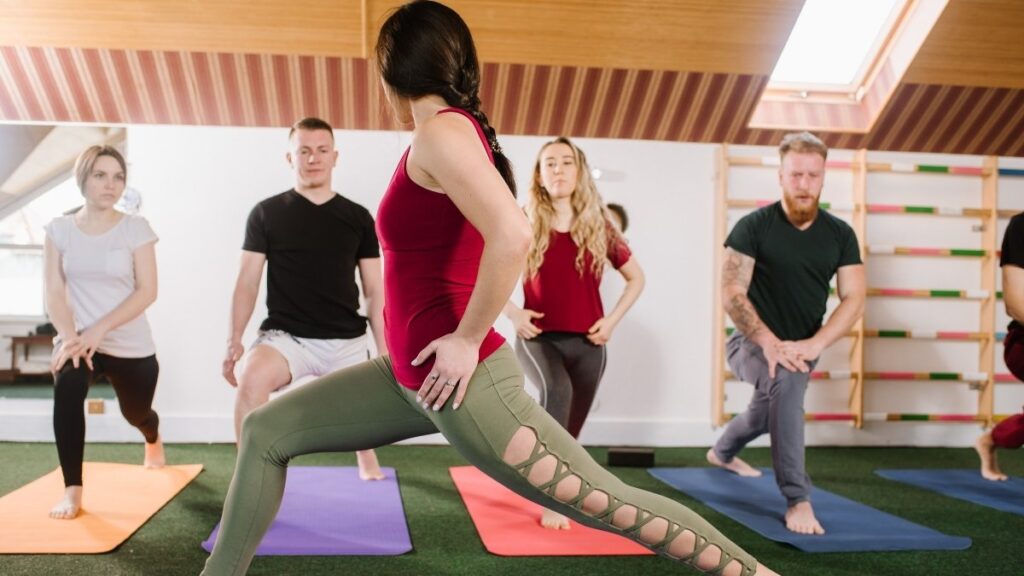
The magic number is 150 minutes of moderate activity per week. That’s 30 minutes, 5 days a week. Walking counts. So does dancing, swimming, or riding a bike.
Aim for 8,000+ steps daily. Use your phone to track them. Park farther away. Take the stairs. Walk while you talk on the phone.
Start where you are. If you can only do 10 minutes, do 10 minutes. Build from there.
Key Information Points:
- Just 15 minutes of daily exercise can add 3 years to your lifespan and reduce disease risk by 14%
- High-intensity interval training (HIIT) for 20 minutes gives similar benefits to 45 minutes of moderate exercise
- Regular walkers have telomeres that are 9 years “younger” than sedentary people
- Exercise creates new brain cells and increases brain volume, especially in memory centers
Habit 6: Include Strength Training
After age 30, you lose about 3-8% of your muscle mass per decade. Strength training stops this loss. It even builds muscle back.
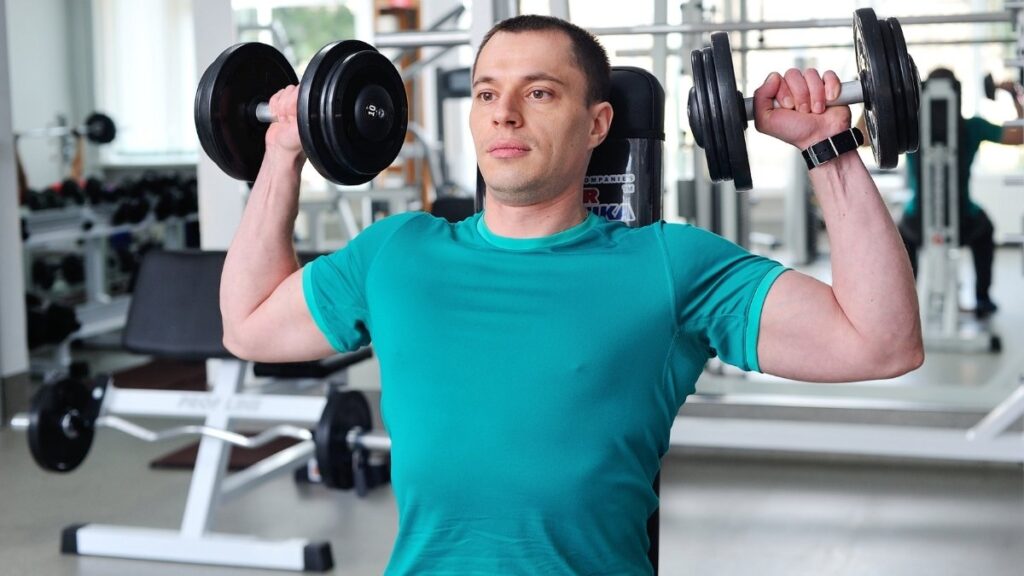
Research shows resistance exercise gives you benefits that aerobic exercise can’t. It supports your bones, balances your hormones, and keeps you independent.
Do strength training 2-3 times per week. You don’t need heavy weights. Resistance bands work. So do bodyweight exercises like push-ups and squats.
Focus on progressive overload. This means gradually making exercises harder. Add more weight, more reps, or hold positions longer.
Key Information Points:
- Strength training increases bone density by 1-3% per year, reversing age-related bone loss
- People who strength train have 46% lower risk of death from any cause compared to those who don’t
- Muscle tissue burns 3 times more calories at rest than fat tissue, boosting your metabolism
- Strength training increases testosterone in men and growth hormone in both men and women naturally
Habit 7: Try Yoga and Stretching
Flexibility keeps you young. When your body moves well, you feel younger. Yoga does more than just stretch you. It reduces stress and supports cellular aging.
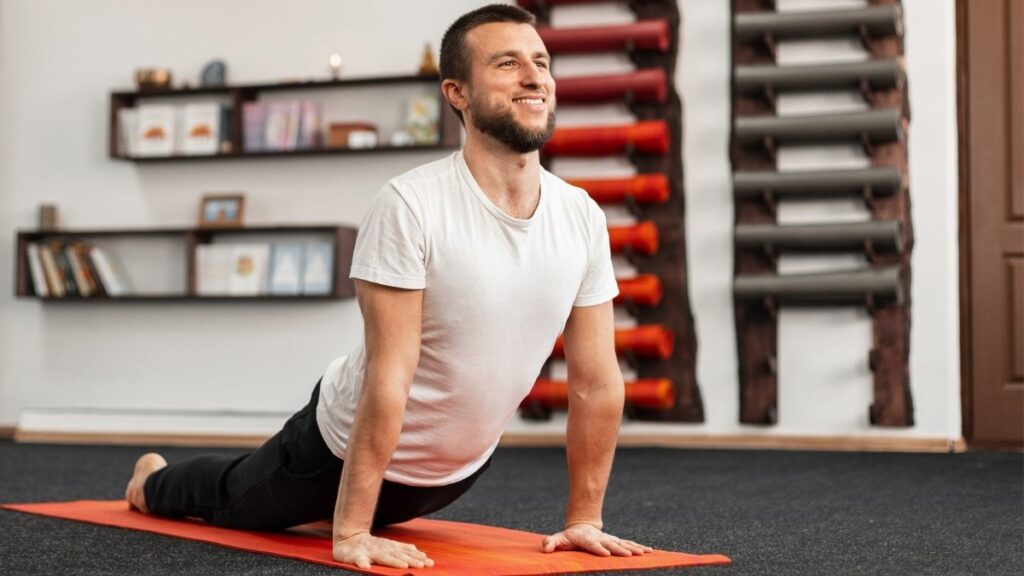
Studies link yoga practice to longer telomeres. The combination of movement, breathing, and relaxation creates powerful anti-aging effects.
Spend 20-30 minutes daily on flexibility work. You can follow YouTube videos at home. Focus on major muscle groups: hips, shoulders, and spine.
Don’t worry about perfect poses. Just move and breathe.
Key Information Points:
- Regular yoga practice can lower inflammatory markers by up to 25% in just 10 weeks
- Yoga practitioners have cortisol levels 23% lower than non-practitioners, reducing stress aging
- Balance training through yoga reduces fall risk by 37% in older adults
- Deep breathing during yoga activates the parasympathetic nervous system, promoting cellular repair
Sleep and Recovery Optimization
Sleep is when your body repairs itself. Without good sleep, all your other anti-aging efforts won’t work as well.
Habit 8: Prioritize Quality Sleep
You need 7+ hours of sleep per night. But quality matters more than hitting exactly 8 hours. Poor sleep for 8 hours is worse than deep sleep for 7.

Sleep studies show that people with better sleep have longer telomeres. Their cells age slower.
Create a consistent schedule. Go to bed and wake up at the same time every day, even on weekends. Keep your room cool, dark, and quiet. Stop looking at screens 1 hour before bed.
If you snore or feel tired after sleeping, talk to a doctor. You might have sleep apnea.
Key Information Points:
- Poor sleep increases your biological age by 1.5-2 years compared to good sleepers
- Your brain clears toxic waste products during deep sleep, preventing Alzheimer’s disease
- Sleep deprivation reduces immune function by 70% after just one night of poor sleep
- Room temperature between 65-68°F promotes the deepest, most restorative sleep phases
Habit 9: Practice Stress Management
Chronic stress ages you faster than almost anything else. It shortens your telomeres and causes inflammation throughout your body.

But here’s the good news: meditation and mindfulness can reverse these effects. Studies show that people who meditate have higher telomerase activity. This enzyme repairs and lengthens telomeres.
You don’t need to meditate for hours. Start with 5 minutes daily. Use a free app like Headspace or Calm. Focus on your breathing. When your mind wanders, gently bring it back.
Try box breathing: breathe in for 4 counts, hold for 4, breathe out for 4, hold for 4. Repeat.
Key Information Points:
- Chronic stress can shorten your lifespan by 2.8 years through accelerated cellular aging
- Just 8 weeks of meditation practice increases gray matter density in memory and learning centers
- People who meditate regularly have 23% lower levels of cortisol, the main stress hormone
- Mindfulness meditation can reduce inflammation markers by 30% in as little as 2 months
Environmental and Lifestyle Factors
Your environment affects how fast you age. Small changes in your surroundings can have big effects on your health.
Habit 10: Optimize Temperature Exposure
Your body gets stronger when it faces mild stress. Temperature changes create this beneficial stress. Cold and heat therapy activate your body’s repair systems.
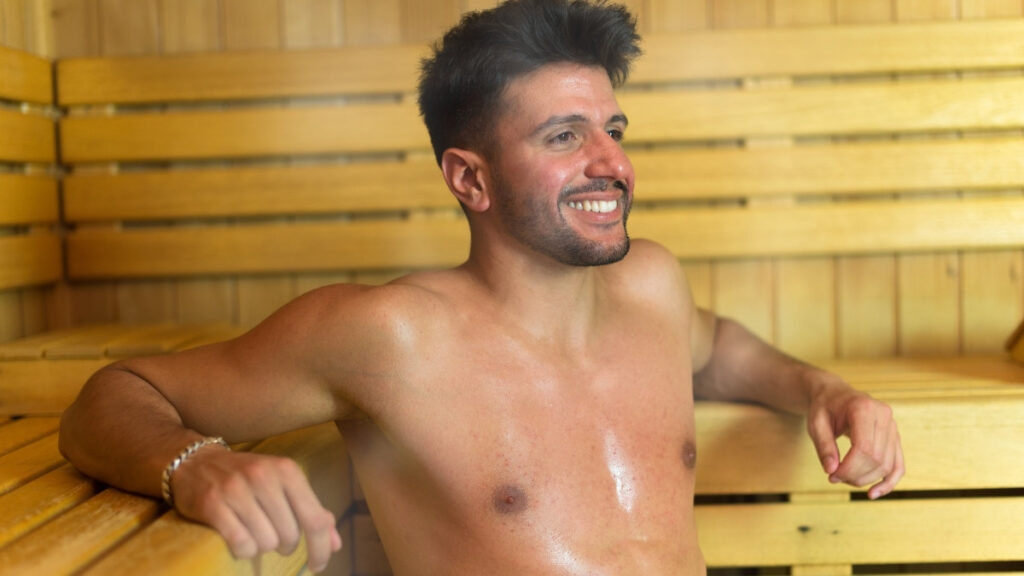
Research shows that regular sauna use improves cardiovascular health and extends lifespan. Finnish people who use saunas 4-7 times per week have 40% lower risk of heart disease.
Use a sauna 2-3 times per week if you can. Can’t access a sauna? Take cold showers. Start with 30 seconds of cold water at the end of your regular shower.
Heat and cold work better together. Try alternating between hot and cold water in the shower.
Key Information Points:
- Cold exposure increases brown fat by up to 45%, which burns calories and improves metabolism
- Sauna use triggers heat shock proteins that protect your cells from damage and extend lifespan
- Cold showers boost norepinephrine levels by 250%, improving focus and mood naturally
- Regular temperature stress increases production of brain-derived neurotrophic factor (BDNF) by 200-300%
Habit 11: Maintain Strong Social Connections
Loneliness ages you faster than smoking. Social isolation can shorten your lifespan by years. But strong relationships can extend your life.

The Harvard Study of Adult Development tracked people for over 80 years. They found that people with strong relationships live 50% longer than those who are isolated.
Good relationships reduce stress, boost your immune system, and give you purpose. They literally keep you young.
Make time for the people you care about. Call a friend you haven’t talked to in months. Join a club or volunteer group. Help a neighbor. Quality matters more than quantity.
Key Information Points:
- Social isolation increases your risk of premature death by 26%, similar to obesity or smoking
- People with strong social ties have 50% lower risk of dementia as they age
- Volunteering for 2+ hours per week can add 4 years to your lifespan through increased purpose and connection
- Married people live 2-17 years longer than single people, with the biggest benefits for men
Habit 12: Avoid Environmental Toxins
Your environment is full of chemicals that speed up aging. You can’t avoid them all, but you can limit the worst ones.

Plastics contain chemicals that disrupt your hormones. Air pollution causes inflammation. Processed foods are loaded with preservatives that damage your cells.
Simple swaps: use glass containers instead of plastic. Get an air purifier for your bedroom. Buy organic versions of the “dirty dozen” fruits and vegetables when possible.
Don’t stress about perfection. Do what you can afford and what feels manageable.
Key Information Points:
- BPA from plastic containers can age your cells equivalent to 2.5 extra years of life
- Air pollution reduces life expectancy by 1-3 years depending on your location
- Organic foods contain 60% more antioxidants and 50% less toxic metals than conventional foods
- Indoor air can be 2-5 times more polluted than outdoor air due to cleaning products, furniture, and poor ventilation
Habit 13: Stay Intellectually Active
Your brain needs exercise just like your muscles. Mental challenges keep your mind sharp and may prevent dementia.

Learning new skills creates new connections in your brain. This protects against age-related decline. Studies show that people who stay intellectually active throughout life have lower rates of cognitive decline.
Read books that challenge you. Learn a new language. Take up a musical instrument. Do puzzles. Have conversations about complex topics.
The key is variety. Don’t just do crosswords. Mix different types of mental challenges.
Key Information Points:
- Learning a second language can delay Alzheimer’s onset by 4-5 years compared to monolingual people
- Reading for just 30 minutes daily can extend your lifespan by up to 2 years
- People who engage in lifelong learning have 63% lower risk of developing dementia
- Playing musical instruments increases gray matter volume and strengthens connections between brain hemispheres
Advanced Anti-Aging Strategies
These habits take more commitment but offer powerful anti-aging benefits.
Habit 14: Consider Caloric Restriction
Eating 12-25% fewer calories than normal can extend lifespan in many species. The CALERIE study showed that moderate caloric restriction improves biomarkers of aging in humans.

This doesn’t mean starving yourself. It means eating nutrient-dense foods and avoiding empty calories.
Start gradually. Cut out one sugary drink per day. Use smaller plates. Eat slower so you notice when you’re full.
Focus on nutrient density. Every calorie should pack nutritional punch. Choose foods that give you vitamins, minerals, and antioxidants.
Key Information Points:
- Caloric restriction can extend lifespan by 15-20% in laboratory animals and improve healthspan in humans
- People practicing moderate caloric restriction show 10-15% reduction in metabolic rate, preserving energy
- Restricted calorie diets reduce oxidative stress by 40% and inflammation by 50%
- Eating 25% fewer calories triggers sirtuins, longevity genes that protect against age-related diseases
Habit 15: Optimize Hydration
Dehydration accelerates aging. Your cells need water to function properly. Even mild dehydration can affect your energy and mental clarity.

Studies link proper hydration to healthier aging. Well-hydrated people have better kidney function, lower risk of chronic disease, and more energy.
Drink about half your body weight in ounces daily. If you weigh 150 pounds, that’s 75 ounces of water. Spread it throughout the day.
Pay attention to water quality. Use a filter if your tap water tastes bad. Add lemon or cucumber for flavor without calories.
Key Information Points:
- Chronic mild dehydration can increase your biological age by up to 1.5 years
- Proper hydration improves skin elasticity and reduces wrinkles more effectively than most topical treatments
- Well-hydrated people have 15-20% better cognitive performance and memory retention
- Drinking water 30 minutes before meals can boost metabolism by 24-30% for 1.5 hours
Habit 16: Regular Health Monitoring
Prevention is better than treatment. Regular checkups catch problems early when they’re easier to fix.

Studies show that preventive healthcare extends healthspan – the number of years you live in good health.
Get annual checkups even if you feel fine. Track key biomarkers like blood pressure, cholesterol, and blood sugar. Consider biological age testing to see how your habits are working.
Know your family history. Some conditions run in families. Early screening can save your life.
Key Information Points:
- People who get regular preventive care live 6.5 years longer than those who only see doctors when sick
- Catching high blood pressure early and treating it can add 5+ years to your life
- Annual cancer screenings can reduce cancer death rates by 15-20% through early detection
- Tracking biomarkers like HbA1c, inflammatory markers, and vitamin D levels can predict health problems 5-10 years before symptoms appear
Start Your Anti-Aging Journey Today
You don’t need to do all 16 habits at once. That’s a recipe for burnout.
Pick 2-3 habits that appeal to you most. Master those before adding more. Small changes compound over time. The person who walks 15 minutes daily for a year is healthier than someone who runs for a week then quits.
Your biological age isn’t set in stone. Every day you have the power to make choices that keep your cells young. The best time to start was 10 years ago. The second best time is today.
Your future self is counting on the choices you make right now.

